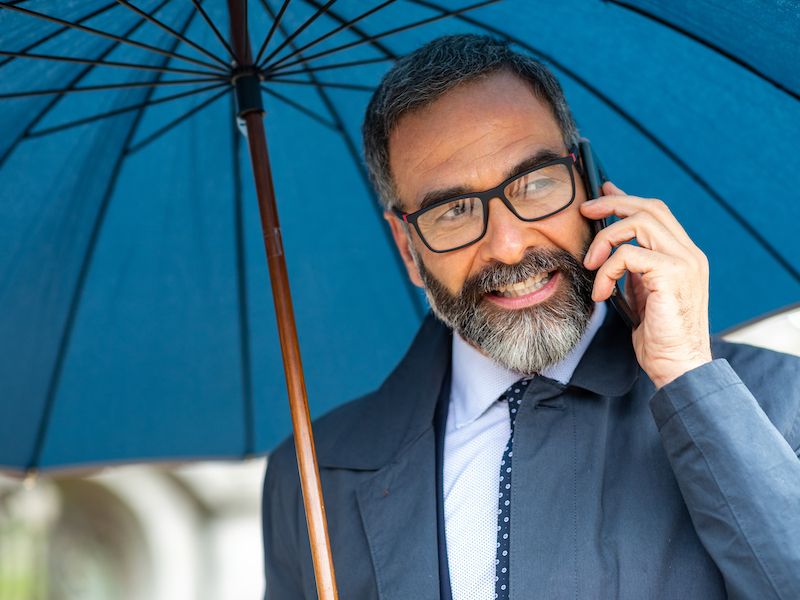
John’s having difficulties at work because he doesn’t always hear conversations. He’s in denial and is constantly telling himself that everyone is speaking unclearly. Besides, he feels he’s too young to need hearing aids, so he has been procrastinating on seeking out a hearing professional, and hasn’t had a hearing examination. Unfortunately, he’s been doing considerable damage to his ears by cranking up on his earbuds. So, unfortunately, his denial has stopped him from getting help.
But John’s perspective is older than he recognizes. Loss of hearing doesn’t have the stigma that it used to. Particularly, with younger people, it’s much less pronounced, though you may still see it to some degree in some groups. (Ironic isn’t it?)
How is Hearing Loss Stigma Harmful?
The social and cultural associations with loss of hearing can be, to put it simply, not true and not helpful. For many, hearing loss may be regarded as a sign of old age or a loss of vigor. The worry is that you’ll lose some social standing if you acknowledge you have hearing loss. They feel they might look old and come off as less “cool”.
This issue could be thought of as inconsequential and not connected to reality. But there are some very real implications for people who are attempting to deal with the stigma around hearing loss. Including these examples:
- Obstacles in your career (Perhaps you were in a meeting and you didn’t quite make out some important facts).
- Avoiding hearing loss treatment (resulting in less than ideal results or needless suffering).
- Setbacks in your relationships (Your not just tuning people ot, you just can’t hear them very well).
- Difficulty finding employment (it’s sad to say, but some people may buy into the stigmas around hearing loss even if it’s not entirely legal).
There are quite a few more examples but the point is well made.
Luckily, this is all transforming, and It seems as if the stigma of hearing loss is truly going away.
The Reasons For The Decrease of Hearing Loss Stigma
There are various major reasons why hearing loss stigma is declining. Population demographics are changing as is our relationship with technology.
Hearing Loss is More Prevalent in Younger People
Possibly the number one reason that hearing loss stigma is disappearing is that hearing loss itself is becoming a lot more prevalent, specifically among younger people (and we’re talking mostly about young adults not kids).
Most statistical studies put the number of people who have loss of hearing in the U.S. about 34 million, which breaks down to 1 in 10 people. More than likely, loud sounds from several modern sources are the primary reason why this loss of hearing is more widespread than it’s ever been.
As loss of hearing becomes more widespread, it becomes easier to break down the stigmas and false information surrounding hearing issues.
We’re More Confident With Technology
Perhaps you were concerned that your first pair of hearing aids would make you look old so you resisted wearing them. But nowadays hearing aids nearly blend in completely. No one really even sees them. Under most circumstances, newer hearing aids are small and subtle.
But hearing aids also typically go unobserved because these days, everyone has some technology in their ears. Everyone is used to having technology so nobody is concerned if you’re wearing a helpful piece of it in your ear.
A Shift in Thinking Long Past Due
Naturally, those two reasons are not the exclusive causes behind the retreat of hearing loss stigma. Recently, loss of hearing has been depicted with more accuracy (and more humanity) in popular culture, and a few prominent celebrities have come forward with their own hearing loss truths.
The more we observe hearing loss in the world, the less stigma there will be. Now, of course, we want to prevent hearing loss in every way that’s possible. The ideal would be to change the trends in youth hearing loss while fighting against hearing loss stigma.
But more people will begin to be ok with seeing a hearing professional as this stigma goes away. This will keep everybody hearing better and improve overall hearing health.
